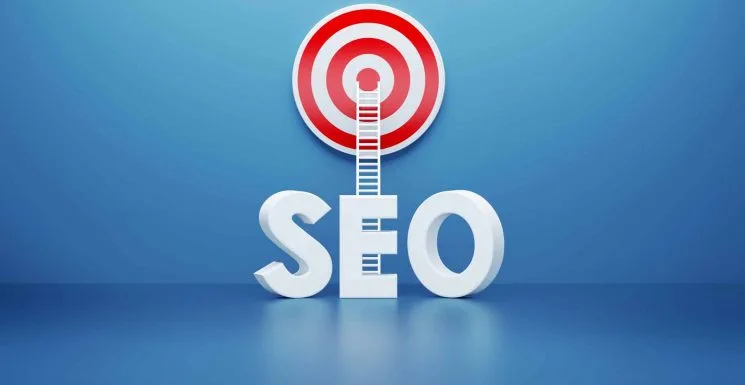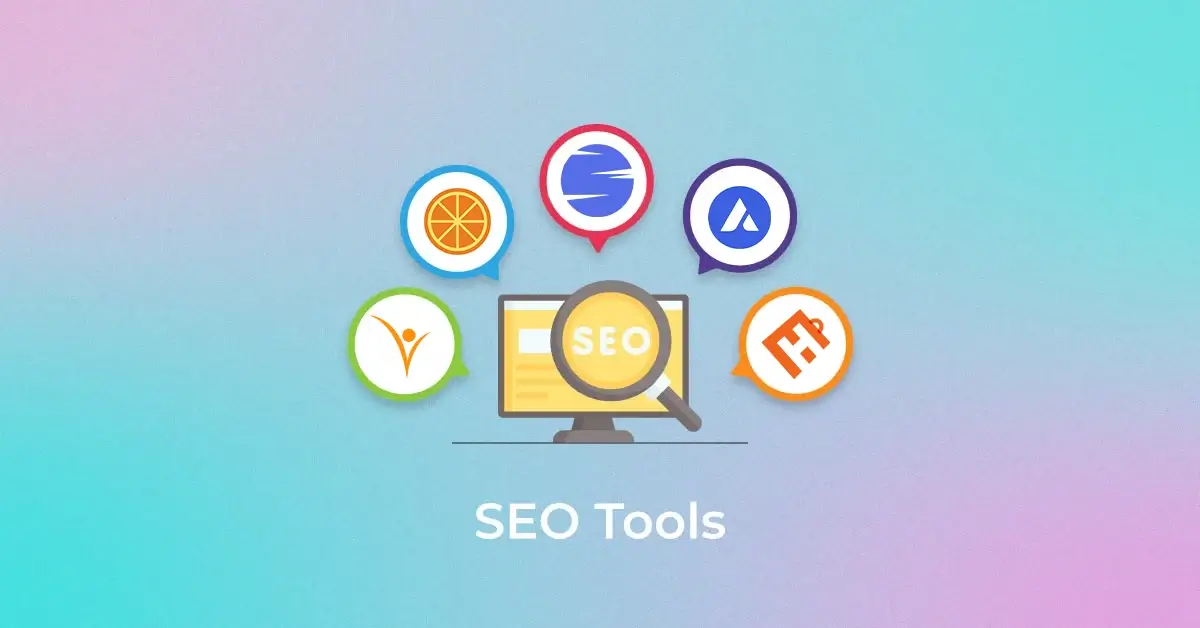SEO – either you’ve heard of it too many times, or never before…
There is no in-between
With SEO driving millions & billions of organic traffic to websites every day
As a business owner
You’re missing out on huge opportunities if you’re not implementing SEO fundamentals into your online business
What Makes SEO So Important?
If you have an online business, I’d imagine that you’ve at least tried to run ads at least once in the past
The ad campaigns may do great while you’re paying for them
Or they may do bad…
Either way, once you stop paying to reach customers
Your traffic dwindles down immediately
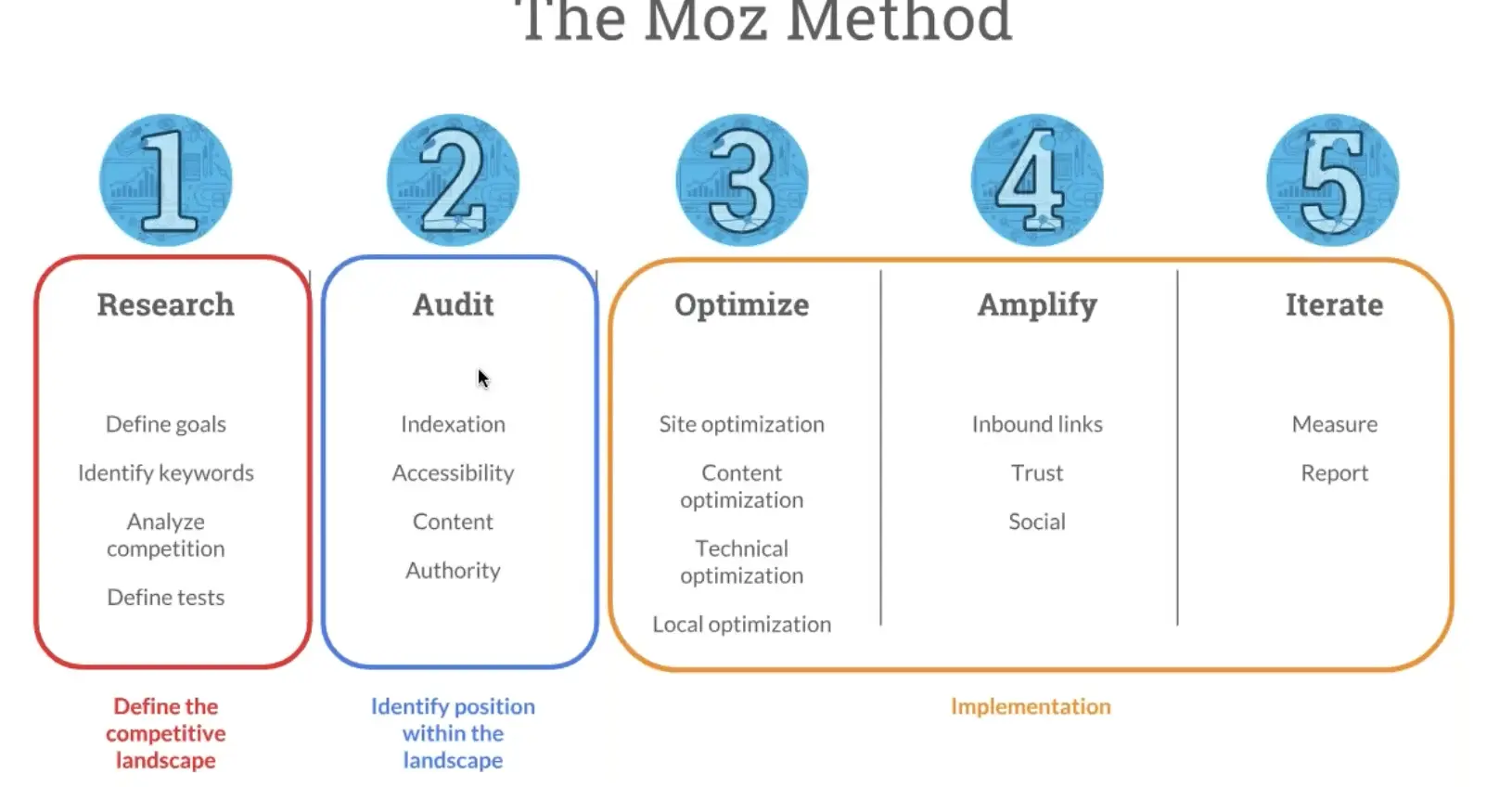
Especially if you didn’t setup any additional marketing strategies to retain the customer’s information
Such as a newsletter, sms, or abandon cart tracking
You may have found yourself thinking…
“I wish I could reach customers without paying for ads 24/7”
BOOM!
SEO is the simple answer you’re looking for to lower your ad cost
And ultimately reach organic customers consistently
As long as you implement SEO correctly
And set the foundational strategies
You’ll continue to heap the rewards of what SEO has to offer
We outlined the basic fundamentals to get a beginner started in the vast world of SEO
To ultimately lower your ad cost and reach customers the right way
On-page SEO Best Practices
On-page SEO consists of a few factors that can make or break your whole website
The top well-known on-page best practices would include the below topics:
- Keyword Optimization
- High Quality Content
- Meta Tags and Descriptions
- URL Structure
- Header Tags (Heirarchy)
- Image Naming & Alt Attributes
- Internal/External Linking
Keyword Optimization
Keyword Optimization refers to the relevant keywords that your content is targeting
For Example, if your page is offering dog collars
Your relevant keywords may be like the following: dog collars, top dog collars, best dog collars, etc…
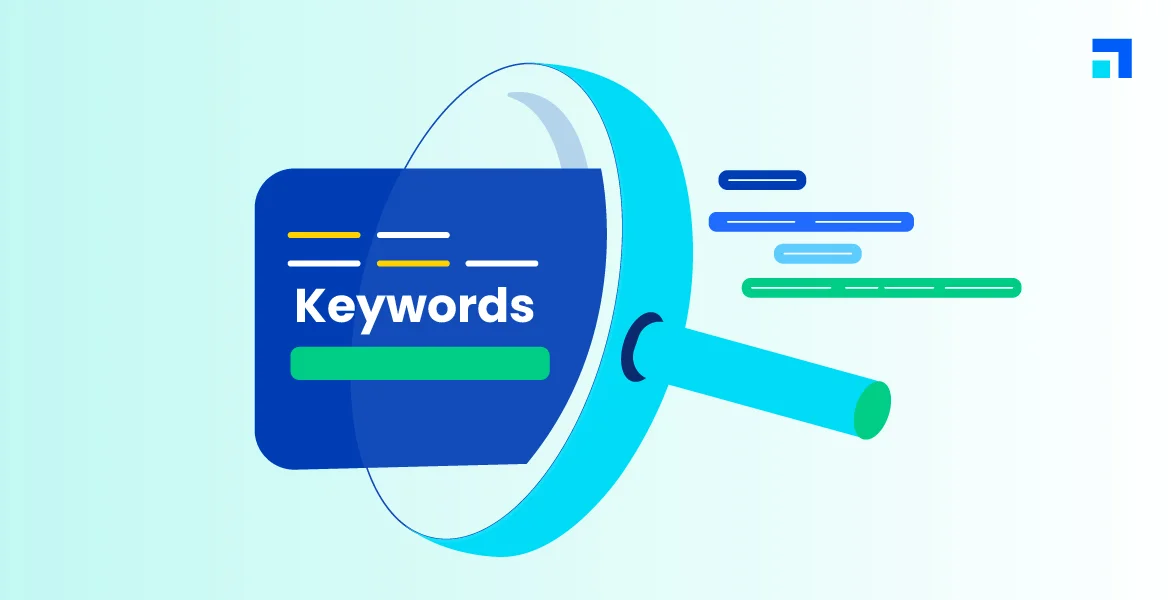
When optimizing your page to rank for keywords there are a few key factors
- Include your keyword in the page title
- Include your keyword in the meta description
- Include your keyword in the H1 tag
- Use variation keywords
- AVOID KEYWORD STUFFING
These key factors will help with ranking your website for the certain keyword you’re targeting
And help google better understand what your page is about
So that they can send the correct audience
High Quality Content
Google is all about answering people’s questions
They’ll reward your website if a searcher’s question is answered from your page
However, if a searcher comes to your page
And then visits other pages
Your site is clearly not defining what that searcher’s intent is
Which will lead to a lower ranking than your competitor
All-in-all, focus on giving valuable content to your readers instead of just trying to convert them to something
Meta Tags & Descriptions
Meta tags are a huge help in defining what your page is to not only Google
But to your customers as well

The title of the post is to tell the searcher what your post is about
As well as the meta description to give the searcher a brief intro to what your post offers
URL Structure
This may seem like a small indicator, but it’s a deciding factor to Google when ranking your website
Having a well-structured URL helps Google decipher what your post is about
As well as other posts pertaining to it
Bad URL Example: domain.com/posts/post1-newpost
Good URL Example: domain.com/blogs/seo/how-to-learn-seo
Header Tags & Hierarchy
A main rule with SEO is only 1 H1 tag per page
The H1 tag tells Google exactly what your page is about
Multiple H1 tag’s will confuse Google,
Which will lead to lower or no rankings for that certain post at all
Hierarchy using H tags are used for displaying to Google and the User what’s most and least important in your post
For example, your h1 tag may be on how to cook an egg
Your h2 tag could next be on ingredients
Then your h3 tag would be instructions, so on and so forth…
Aside from the h1 tag, you could utilize the other h tags multiple times
As long as it makes sense from a hierarchal standpoint
Image Naming & Alt Tags
Naming your saved images is like frosting on the cake to your post
Bad Example: image-1.jpg
Good Example: seo-analytics.jpg
It just gives Google an extra push to define what you’re targeting & to help structure your site more
Adding alt tags is something simple that many skip out on
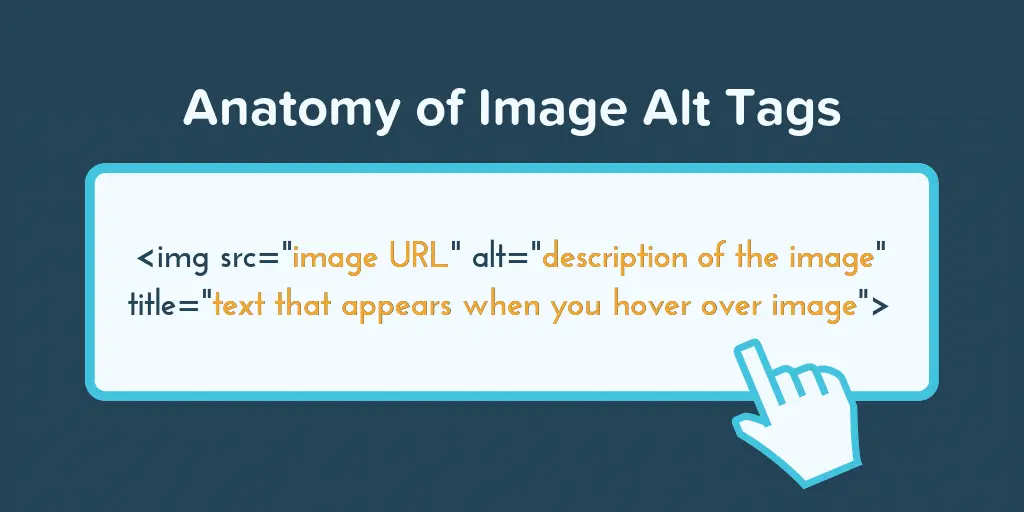
The alt tags better assist visually impaired searchers
Which Google gives a higher ranking for if you implement them on your images
Internal/External Linking
In SEO, links are everything
We like to call it Link Juice
Now this doesn’t mean add links everywhere and anywhere
As Google will actually dock points from your post if the link isn’t relevant…
Make sure when linking you do it the right way instead of “Click Here To Learn More”
Bad Example Text Link: Click Here For Information
Good Example Text Link: Top SEO Software For Your Business
You don’t want to link an animal post to your basketball article
I mean.. unless it’s actually relevant… somehow
If it’s not relevant, Google will dock points on your ranking
Finally, link back to your page within your page
This better defines what your domain as a whole offers
As well as individual posts
Importance of Keyword Research
Keywords are the #1 ranking factor when it comes to SEO
Everything you add to your page will be ranked by keywords that Google/searchers find relevant to them

Which brings us to relevance…
Make sure to choose keywords that directly correlate with your content, product, or services
You should know your keyword before even writing an article
So that you better format your page to target it
Search Volume and Competition
Heavily evaluate the competition of a keyword
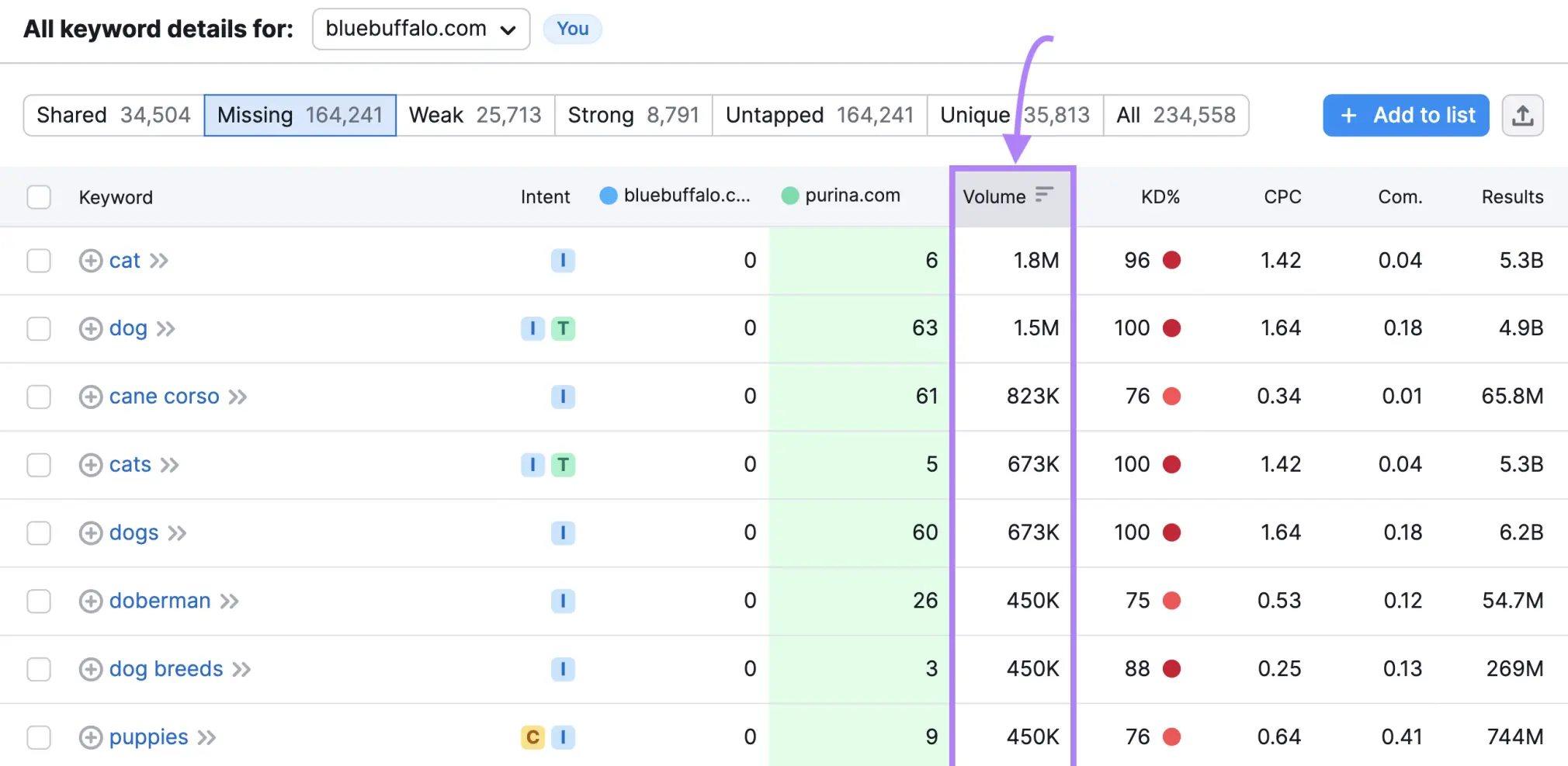
While also checking for the search volume
So that way you don’t waste your time on trying to rank for a keyword
That could take years to even touch the surface of top 100 results in Google
Focus On Long-Tail Keywords
When starting out,
Long-Tail Keywords will be the bread & butter
To start ranking your website for keywords
Long-Tail Keywords vs Short-Tail Keywords would be like the below example:
Short-Tail: Pork Recipe
Long-Tail: Pork Recipe In Under 30 mins
They can best be described as being more specific to certain searches
User Intent
Make sure your keywords match a user’s intent
Understand what the user may be searching for when typing in your keyword
For example,
Are they wanting to buy? (Transactional)
Looking for information? (Informational)
Are they looking for a specific website/product? (Navigational)
Link Building Strategies
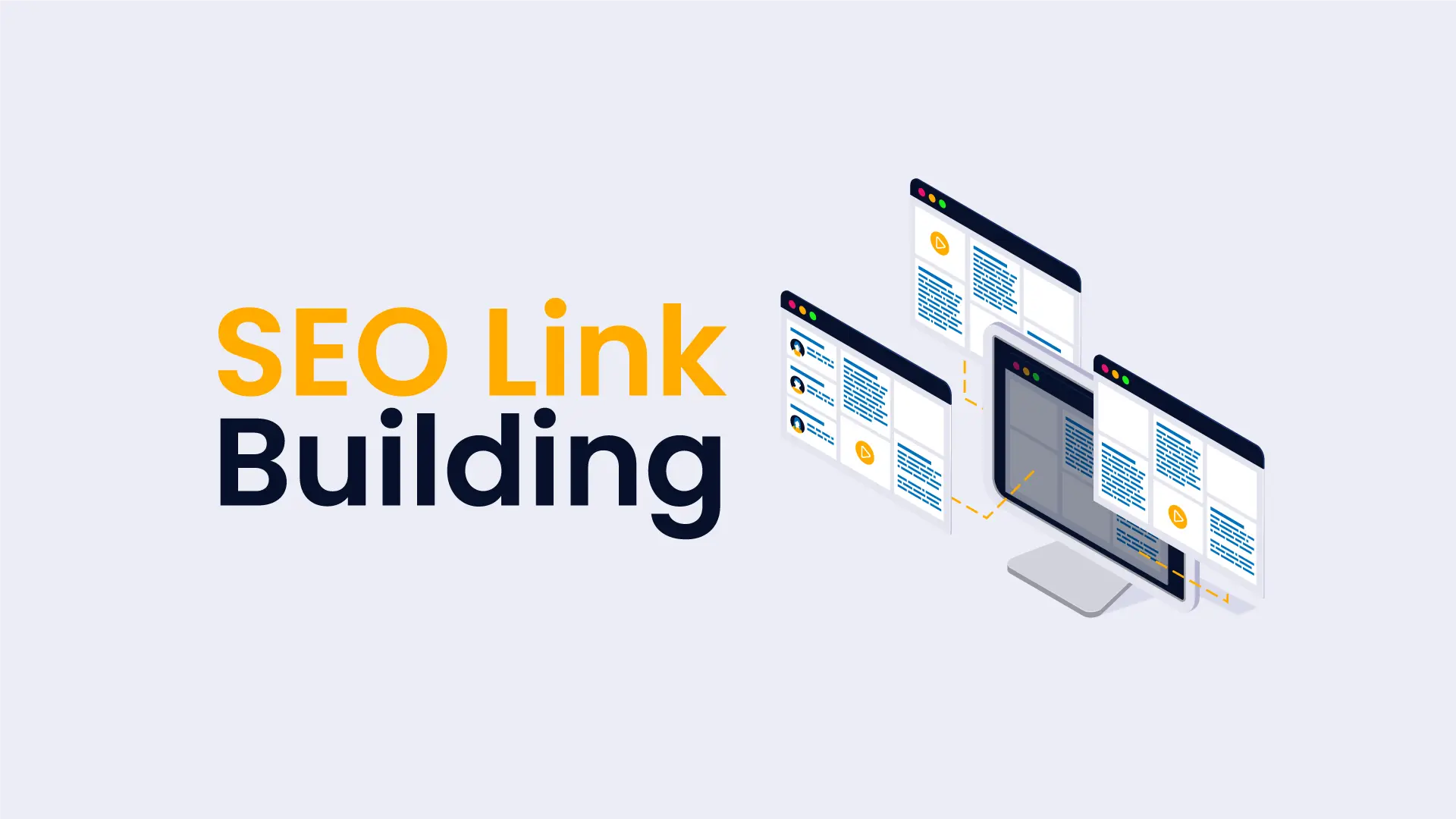
Next to Keywords, link building is the 2nd most important ranking factor in Google
Having little to none, or non-relevant backlinks
Will completely tear your website apart in ranking
What are backlinks?
Backlinks are when another domain links to your domain’s post/article
Using a do-follow link
This tells Google that your post is trusted
And safe to show to other searchers
Should I just get a ton of Backlinks then?
NO!
I highly advise to stay away from getting random backlinks
Or even purchasing backlinks…
Especially when starting out in SEO ranking
A statistic is that 1 link from a high-ranking domain
Is worth 100 links from low-ranking domains

This definitely meets the “Quality Over Quantity” saying
As stated plenty of times in this article…
Relevancy with backlinks are a deciding factor when ranking
You don’t want a cooking post from another domain
Linking back to your post about how to take care of your animal…
Having a clean and diverse set of backlinks to your posts
Will show Google that your site is trusted
And the work you’ve put in should be rewarded
How Do I Get Backlinks The Right Way?
Actively reaching out to domains that have a post you’d like a link on
Is the best & FREE option when obtaining backlinks
This also helps build relations with others around the world
As we all know…
Networking is huge in any space that you’re in
Local SEO Tactics For Small Businesses
Local SEO is a great way to kick-start your SEO for your business
Starting with creating a Google My Business listing
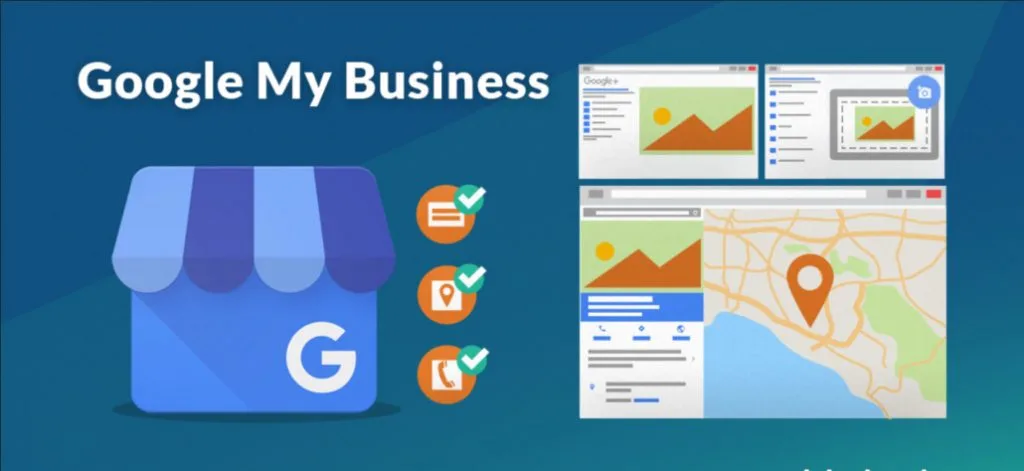
You can start providing your contact information, website, and services
To locals that are searching for what you provide
Registering your business on free online local directories,
Such as Yelp…
Will help push you over your competition
As well as increase your brand awareness
Local Keyword Optimization
Optimizing your pages to meet certain keywords based off of your city
Will help with searcher’s reaching your page before the general business that provides the same services
For example,
Lawn Care Services In Sacramento, California
Local Link Building
Link building locally is an amazing resource!
If you provide a great service
Your community is more than happy to promote your business
This can be through newspapers, community organizations, fairs, etc..
Even online posts like Top 10 SEO Companies in Sacramento, California
Technical SEO To Optimize Your Page For Search Engines

Technical SEO is a deciding factor for Google
But also for your user
Nobody likes a slow loading site…
Stats show our attention span is as slow as a goldfish!
Having a slow-loading page will negatively impact your search rankings
Google will rank it so low that searchers won’t even reach it
Optimize your images through a 3rd party image optimizer
Images are the #1 reason for a slow loading website
Crawlability & Indexing
Make sure that Google is able to crawl your page
Using a robots.txt file helps guide Google’s crawlers through your page
Make sure to identify any 404 pages, links, or other errors within your site
SSL For HTTPS Loading
HTTPS should always be the default load on your site
HTTP is old, non-secure, and out-dated…
Google will lower your rank
And most users will be prompted that your page isn’t secure before even seeing the content
Mobile SEO
Most developers/designers have a Mobile-first ideology
As the majority of searchers are coming from their mobile devices
If your site is only optimized for desktop…
Unfortunately…
You won’t get very high rankings
Make sure that your page is responsive for mobile browsers
As well as page speed still being as fast as you can make it


